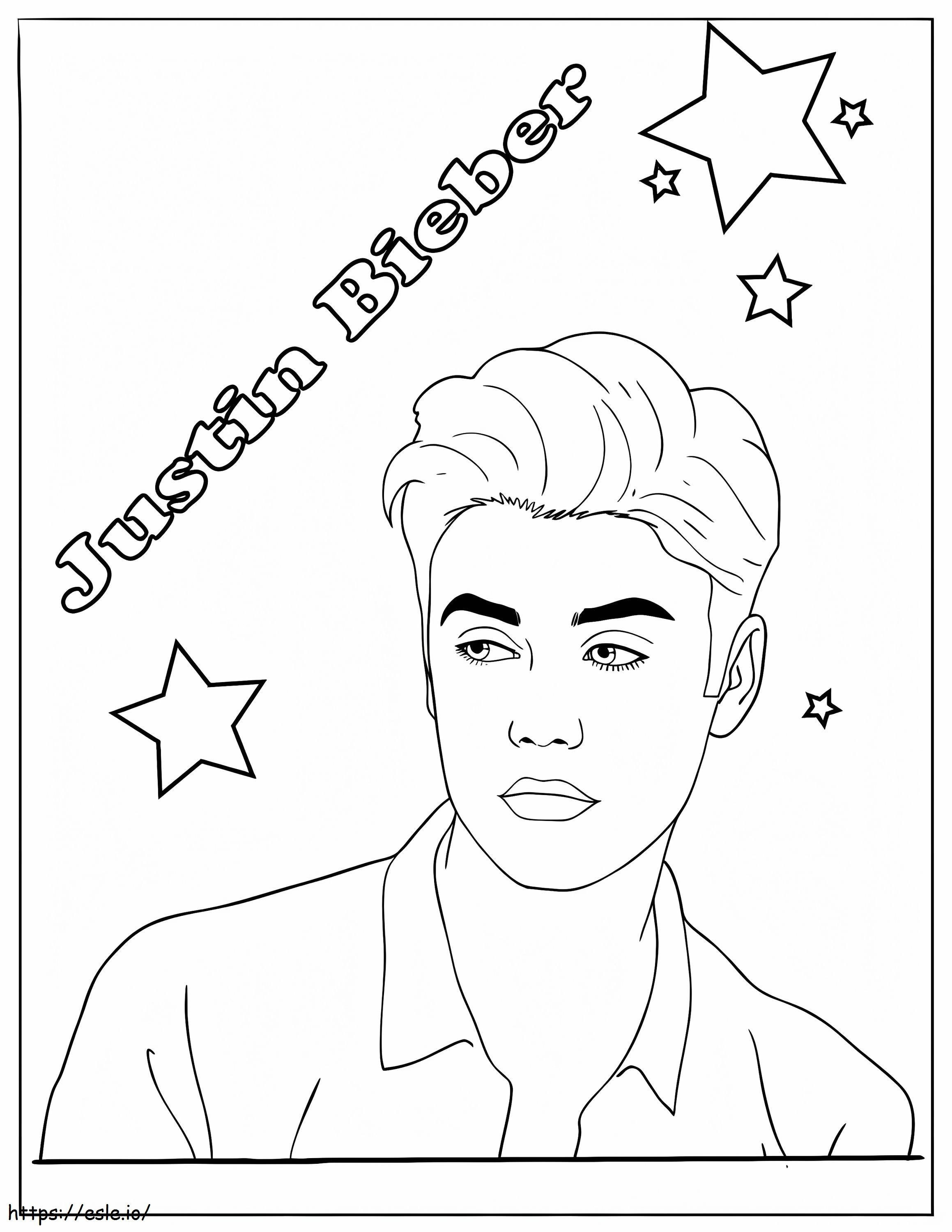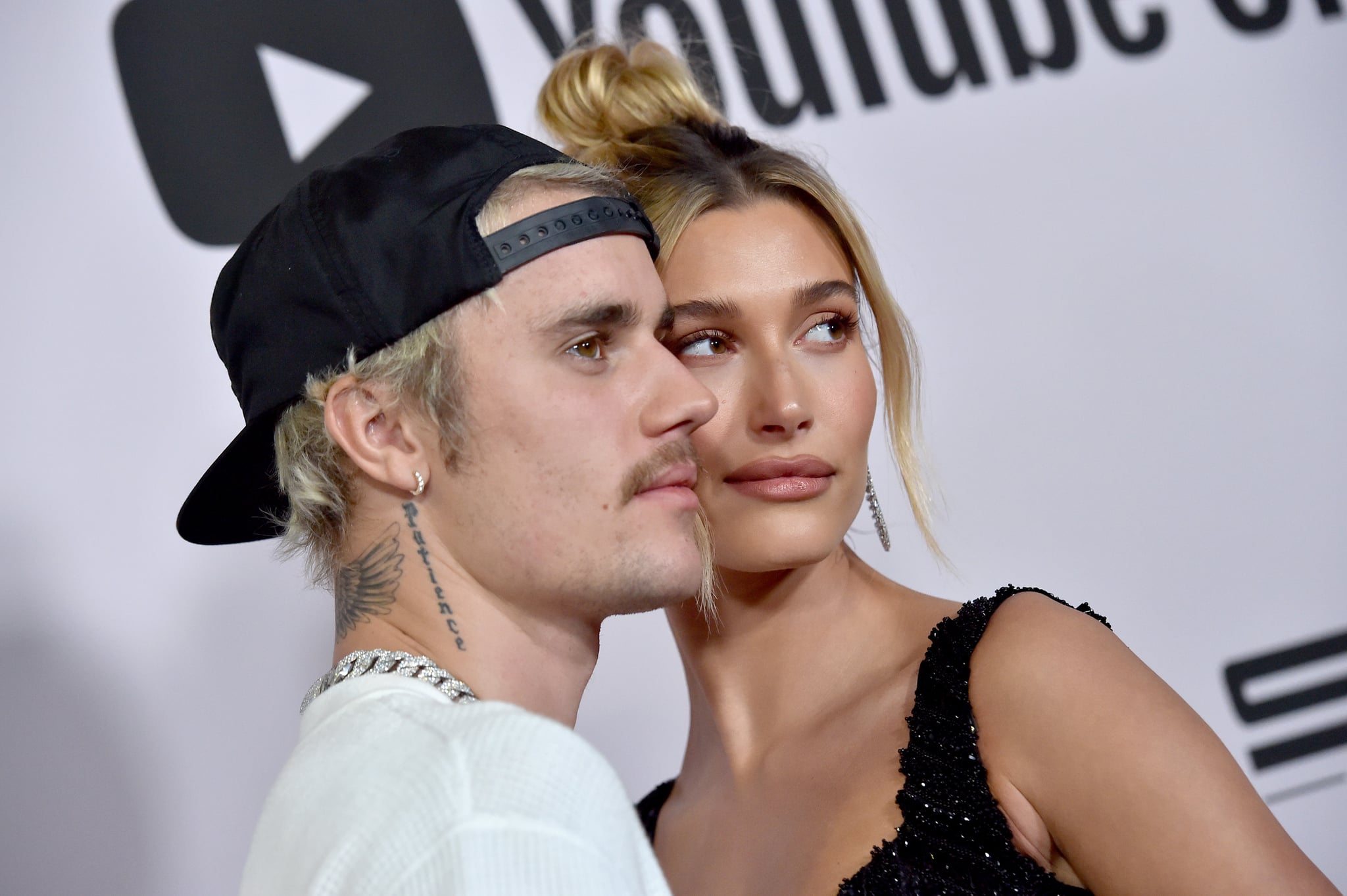Augmented Reality (AR) and Justin Bieber have both become cultural phenomena in their own right. AR, a technology that overlays digital content onto the real world, has revolutionized industries ranging from gaming to marketing. On the other hand, Justin Bieber, a global pop sensation, has consistently pushed the boundaries of music and entertainment. Together, these two seemingly unrelated worlds—technology and pop culture—have converged in fascinating ways, creating new opportunities for engagement and innovation.
In recent years, AR has found its way into the entertainment industry, offering fans immersive experiences that go beyond traditional media. Artists like Justin Bieber have embraced AR to connect with their audiences in novel ways, providing interactive content that enhances fan engagement. This article explores how AR is transforming the music industry, with a focus on Justin Bieber’s contributions, and how this technology is shaping the future of entertainment.
As we delve deeper into this topic, we’ll uncover the ways AR is being used to enhance live performances, music videos, and even fan interactions. Additionally, we’ll discuss the potential challenges and opportunities that arise when combining cutting-edge technology with the world of pop music. Whether you're a fan of Justin Bieber, an AR enthusiast, or simply curious about the intersection of technology and entertainment, this article will provide valuable insights.
Read also:Movierulz 2024 A Comprehensive Guide To Streaming Movies Online
Table of Contents
Biography of Justin Bieber
Before diving into the world of augmented reality, it’s important to understand the man behind the music. Justin Bieber, born on March 1, 1994, in London, Ontario, Canada, rose to fame as a teenager after being discovered on YouTube. His journey from a small-town boy to a global superstar is nothing short of remarkable.
Below is a table summarizing Justin Bieber’s key personal and professional details:
| Full Name | Justin Drew Bieber |
|---|---|
| Date of Birth | March 1, 1994 |
| Place of Birth | London, Ontario, Canada |
| Occupation | Singer, Songwriter, Musician |
| Notable Achievements | Multiple Grammy Awards, Billboard Music Awards, and American Music Awards |
| Breakthrough Year | 2009 |
Justin Bieber’s career skyrocketed after signing with Usher and releasing his debut single, "One Time," in 2009. Since then, he has released numerous hit albums, including "My World 2.0," "Purpose," and "Justice." His influence extends beyond music, as he has become a cultural icon and a trendsetter in the entertainment industry.
What is Augmented Reality?
Augmented Reality (AR) is a technology that superimposes digital content—such as images, sounds, or other sensory enhancements—onto the real world. Unlike Virtual Reality (VR), which immerses users in a completely digital environment, AR enhances the real world by adding interactive elements to it. This technology is accessed through devices like smartphones, tablets, and AR glasses.
AR has a wide range of applications, from gaming and education to healthcare and retail. For example, popular games like Pokémon GO have demonstrated AR's potential to engage users in real-world environments. In retail, AR allows customers to virtually try on clothes or visualize furniture in their homes before making a purchase.
In the context of entertainment, AR offers exciting possibilities. It enables artists to create immersive experiences that captivate audiences and deepen their connection with fans. As we explore further, we’ll see how Justin Bieber has leveraged AR to enhance his music and performances.
Read also:Moviespoint 300mb Your Ultimate Guide To Downloading Highquality Movies
AR in the Entertainment Industry
The entertainment industry has been quick to adopt augmented reality, recognizing its potential to transform how audiences consume content. AR provides a unique way to engage viewers by blending the digital and physical worlds, creating experiences that are both interactive and memorable.
One of the most prominent applications of AR in entertainment is in live events. Concerts, theater performances, and even sports events have incorporated AR to enhance the audience’s experience. For instance, AR can be used to project holograms of performers on stage, creating a sense of presence even when the artist is not physically there.
Additionally, AR has been used in marketing campaigns to promote movies, TV shows, and music albums. Fans can use their smartphones to unlock exclusive content, such as behind-the-scenes footage or interactive posters. This not only increases fan engagement but also provides a new revenue stream for content creators.
Examples of AR in Entertainment
- Concerts: AR enhances live performances with visual effects that complement the music.
- Movies: AR apps allow fans to interact with movie characters in their real-world environment.
- Music Videos: Artists release AR-enabled videos that fans can experience in 3D.
Justin Bieber and Augmented Reality
Justin Bieber has embraced augmented reality as a tool to connect with his fans and elevate his performances. By integrating AR into his music and live shows, Bieber has set a new standard for fan engagement in the entertainment industry.
One notable example is the use of AR in his music videos. Bieber’s team has experimented with AR filters and effects that fans can access through social media platforms like Instagram and Snapchat. These filters allow fans to interact with his music in a more personal way, creating a deeper emotional connection.
Moreover, Bieber has incorporated AR into his live performances. During his tours, AR technology has been used to project stunning visual effects onto the stage, creating an immersive experience for concertgoers. This not only enhances the entertainment value but also sets his shows apart from traditional concerts.
Why Justin Bieber Chose AR
- Innovation: AR allows Bieber to stay ahead of trends and offer fans something new.
- Engagement: AR fosters a deeper connection between Bieber and his audience.
- Marketing: AR provides unique promotional opportunities for his music and brand.
AR in Live Performances
Live performances have always been a cornerstone of the music industry, and augmented reality is taking them to the next level. By incorporating AR into concerts, artists like Justin Bieber can create unforgettable experiences that captivate audiences.
One way AR enhances live performances is through visual storytelling. For example, during a concert, AR can be used to project dynamic visuals that complement the music. These visuals can range from abstract designs to narrative-driven animations that align with the theme of the performance.
Another benefit of AR in live performances is its ability to create a sense of immersion. Fans attending a concert can use their smartphones to access AR content that enhances their experience. This could include interactive elements, such as virtual meet-and-greets with the artist or behind-the-scenes footage.
Challenges of AR in Live Performances
- Technical Limitations: AR requires robust technology and infrastructure to function seamlessly.
- Cost: Implementing AR in live events can be expensive.
- User Adoption: Not all fans may be familiar with AR technology.
AR-Enhanced Music Videos
Music videos have long been a medium for artists to express their creativity, and augmented reality is adding a new dimension to this art form. AR-enhanced music videos allow fans to interact with the content in ways that were previously unimaginable.
Justin Bieber has been at the forefront of this trend. His music videos often feature AR elements that fans can explore using their smartphones. For instance, fans might be able to unlock hidden messages or animations by pointing their cameras at specific parts of the video.
AR also enables artists to create personalized experiences for their fans. By using AR filters, fans can insert themselves into the music video, effectively becoming part of the story. This level of interactivity not only boosts engagement but also encourages fans to share their experiences on social media, amplifying the reach of the content.
Fan Engagement Through AR
Augmented reality offers unique opportunities for fan engagement, and Justin Bieber has capitalized on this potential. By integrating AR into his fan interactions, Bieber has created a more immersive and personalized experience for his audience.
One way Bieber uses AR is through social media platforms. His team regularly releases AR filters that fans can use to create content inspired by his music. These filters often go viral, generating buzz and increasing his visibility online.
AR also allows fans to connect with Bieber in virtual spaces. For example, during the pandemic, Bieber hosted virtual concerts where fans could use AR to interact with the performance. This not only provided a sense of community but also demonstrated the versatility of AR as a tool for fan engagement.
Benefits of AR for Fan Engagement
- Personalization: AR allows fans to tailor their experiences based on their preferences.
- Accessibility: AR content can be accessed from anywhere, making it inclusive for all fans.
- Memorability: AR creates unique and shareable moments that fans remember.
Challenges of AR in Music
While augmented reality offers exciting possibilities for the music industry, it also comes with its own set of challenges. These challenges must be addressed to ensure that AR is used effectively and responsibly.
One major challenge is the technical complexity of AR. Creating high-quality AR content requires specialized skills and resources, which may not be accessible to all artists. Additionally, AR experiences need to be optimized for different devices and platforms, which can be time-consuming and costly.
Another challenge is user adoption. While younger audiences may be familiar with AR, older fans may find it difficult to engage with this technology. To overcome this, artists need to provide clear instructions and ensure that AR experiences are intuitive and easy to use.
Addressing AR Challenges
- Education: Artists can educate their fans about AR through tutorials and guides.
- Collaboration: Partnering with tech companies can help artists access the resources they need.
- Testing: Conducting user testing ensures that AR experiences are user-friendly.
The Future of AR and Entertainment
The future of augmented reality in entertainment is bright, with endless possibilities for innovation. As AR technology continues to evolve, it will become more accessible and affordable, enabling more artists to incorporate it into their work.
One area of growth is the integration of AR with other emerging technologies, such as Artificial Intelligence (AI) and the Internet of Things (IoT). These technologies can enhance AR experiences by making them more intelligent and interactive. For example, AI-powered AR filters could adapt to a user’s emotions, creating a more personalized experience.
Additionally, AR is likely to play a bigger role in live events and virtual concerts. As the world becomes increasingly digital, AR offers a way to bridge the gap between physical and virtual experiences. Artists like Justin Bieber will continue to push the boundaries of what’s possible, creating new forms of entertainment that captivate audiences worldwide.
Conclusion
In conclusion, augmented reality and Justin Bieber represent a powerful combination of technology and entertainment. AR has transformed the way fans interact with music and live performances, offering immersive experiences that deepen engagement. Justin Bieber’s embrace of AR demonstrates his commitment to innovation and his desire to connect with fans in meaningful ways.
As AR continues to evolve, it will undoubtedly play a larger role in the entertainment industry. Artists, marketers, and content creators must stay ahead of the curve by exploring new ways to integrate AR into their work. By doing so, they

